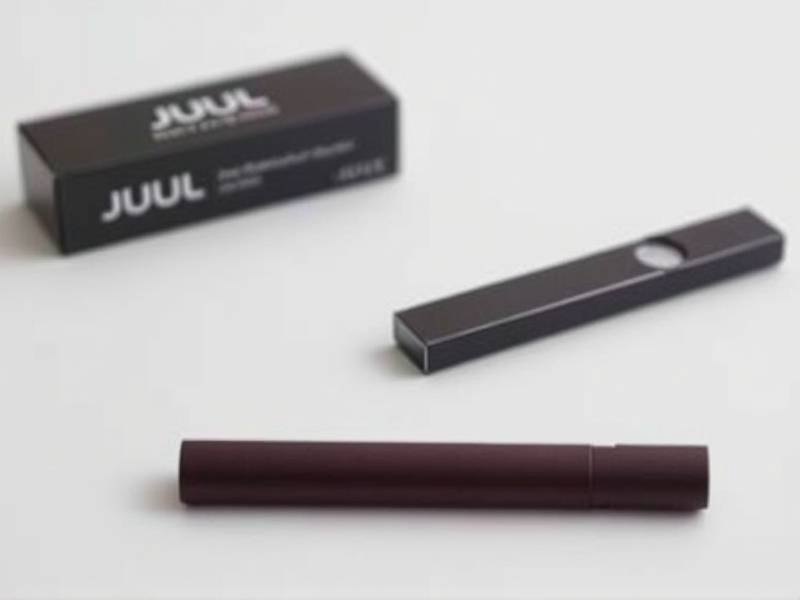Will the Juul Help Me Quit Smoking?
Exploring the Potential of Juul to Aid Smoking Cessation
Introduction: The rise of e-cigarettes has sparked a new era in the fight against smoking. Among the various brands, Juul has gained significant attention for its sleek design and perceived effectiveness in helping smokers quit. But does it really live up to the hype? In this article, we delve into whether Juul can be a helpful tool in your journey towards quitting smoking.
What is Juul? Juul is an electronic cigarette designed to mimic the experience of traditional smoking. It uses nicotine salts, which are thought to provide a smoother and more potent hit compared to other e-cigarette products. The device is compact and rechargeable, making it convenient for users on the go.

How Does Juul Work? Juul operates by heating nicotine salts contained within a disposable pod, which is inserted into the device. When the user inhales, the heating element converts the nicotine salts into a vapor that can be inhaled.
The Potential Benefits of Using Juul for Smoking Cessation
-
Nicotine Replacement Therapy (NRT): Juul offers an alternative to traditional NRT methods like patches and gum. The nicotine salts provide a faster onset of relief for cravings, potentially making it easier for smokers to quit.
-
Reduced Harm: E-cigarettes like Juul have been shown to have fewer harmful chemicals compared to traditional cigarettes. This makes them a potentially safer option for those looking to quit smoking.

-
User-Friendly Design: Juul's compact design and discreet nature make it appealing to those who wish to smoke without drawing attention or causing discomfort around others.
The Challenges of Using Juul for Smoking Cessation
-
Dependence on Nicotine: While Juul can help with smoking cessation by providing nicotine replacement therapy, there is still a risk of developing dependence on nicotine itself.
-
Lack of Long-Term Data: Although e-cigarettes like Juul have been around for several years, long-term health effects are still being studied. Some experts argue that there may be unknown risks associated with prolonged use.
-
Legal and Ethical Concerns: The rise of e-cigarettes has sparked debates regarding their marketing strategies and potential impact on young people. As such, some may question the ethics behind using devices like Juul for smoking cessation.
Conclusion: While Juul may offer certain benefits as an aid in quitting smoking, it's essential to consider its potential drawbacks as well. As with any method aimed at quitting smoking, it's crucial to approach using Juul with caution and consult with healthcare professionals before making any decisions.
In summary, while Juul has gained popularity as an alternative smoking cessation tool, its effectiveness remains subjective based on individual experiences and preferences. As always, seeking advice from healthcare professionals is recommended when considering any method for quitting smoking.
